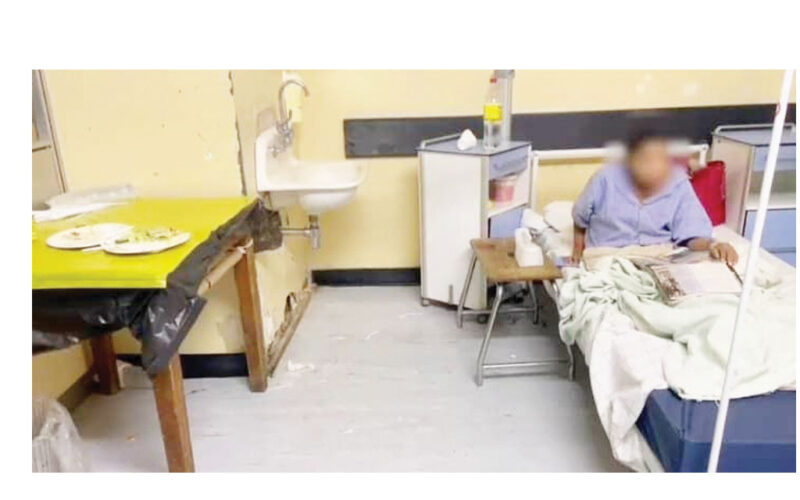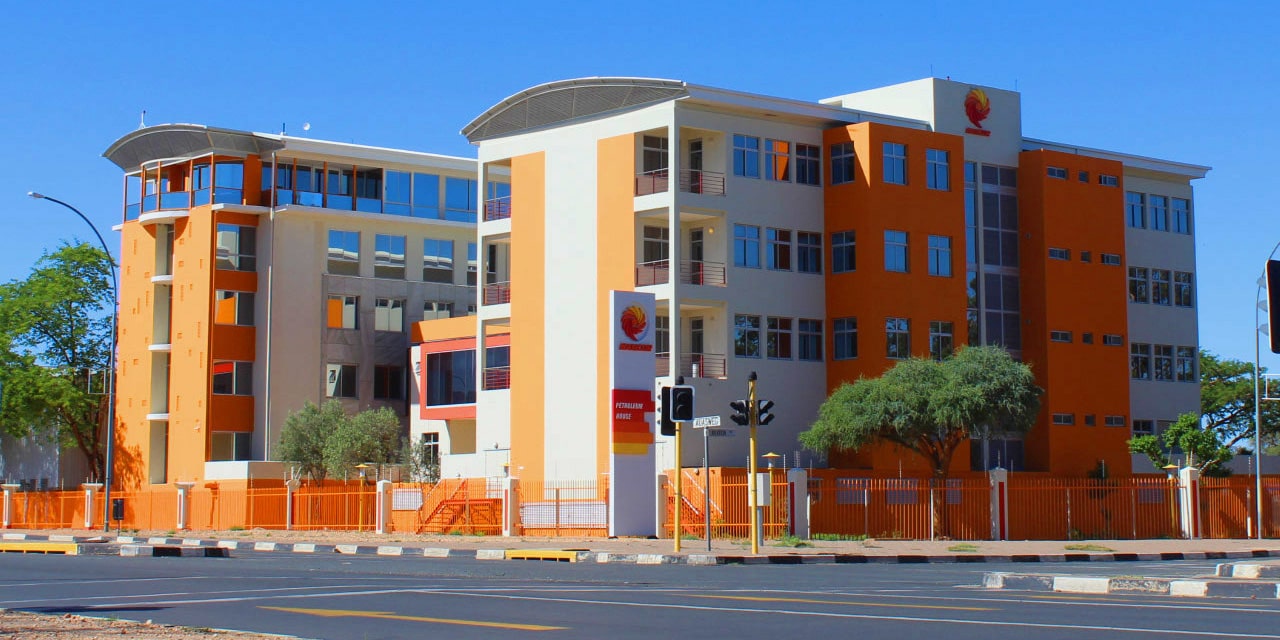Niël Terblanché
Doctors across Namibia have sounded the alarm about the lack of resources they have to deal with when attempting to treat sick patients.
Public hospitals are struggling with severe shortages, ranging from staff to beds, and even essential medical supplies while sick people face extended wait times for consultations and vital treatments.
The Namibian Medical Association (NMA) has appealed to the government, emphasizing the urgency for augmented funding.
The NMA has expressed serious concerns regarding the below-average working conditions that doctors and other medical personnel have to endure, which they believe significantly contributes to the strain on the system.
In an official statement, the government conceded to the challenges plaguing the healthcare sector but reaffirmed its commitment to alleviating the situation.
The government recently announced an increase in funding for healthcare in the forthcoming budget.
Several pressing challenges such as a shortage of medical professionals, low wages, challenging working conditions, and the allure of opportunities abroad have contributed to a concerning exodus of doctors, nurses, and other vital healthcare staff from the country.
At the same time, public hospitals are struggling to accommodate patients, leading to distressingly long admission times.
A scarcity of vital pharmaceutical and clinical supplies has forced many patients to procure their own medicine leading to an increased financial burden on people.
Provisions of the Public Procurement Act have increasingly come under fire from various Offices, Ministries and Agencies (OMAs)because of the delays in service delivery it causes.
Ben Nangombe, the Executive Director of the Ministry of Health and Social Services, recently revealed serious shortcomings in the provisions of the Public Procurement Act and the National Council Standing Committee on Health, Social Welfare and Labour Affairs.
He said that most of the challenges faced by the health ministry can be directly traced back to the Public Procurement Act which hampers the acquisition of pharmaceutical and clinical supplies.
He said the Annual Procurement Plans of Offices, Ministries and Agencies (OMAs) are public documents and, must be deposited on the eProcurement Portal.
“Our Plan can also be found there. It details planned procurement activities, with estimated dates and projected costs. These activities are being undertaken to expand services and improve and strengthen our public health system. This process is unreliable as suppliers are not tied to a fixed contract and are more likely to cancel orders. The current threshold of N$25 million for the Public Entity is not sufficient to procure and fill the entire pipeline, therefore the Central Medical Stores (CMS) procures in small lots which are used up before the next replenishment cycle,” he said.
He said the CMS has a complementary list of 1 250 active products of pharmaceutical and clinical Supplies as per the Namibia Essential Medicines List (NemList).
“Out of these active products, only Anti-Retroviral (ARVs) products are on long-term contracts. This means the majority of CMS products are procured via buy-out or emergency procurement,” he said.
Over the past few years, there have been commendable strides in bolstering the healthcare sector, marked by increased funding and infrastructural developments like new hospitals and clinics but the journey to revitalizing Namibia’s healthcare system is far from over.




